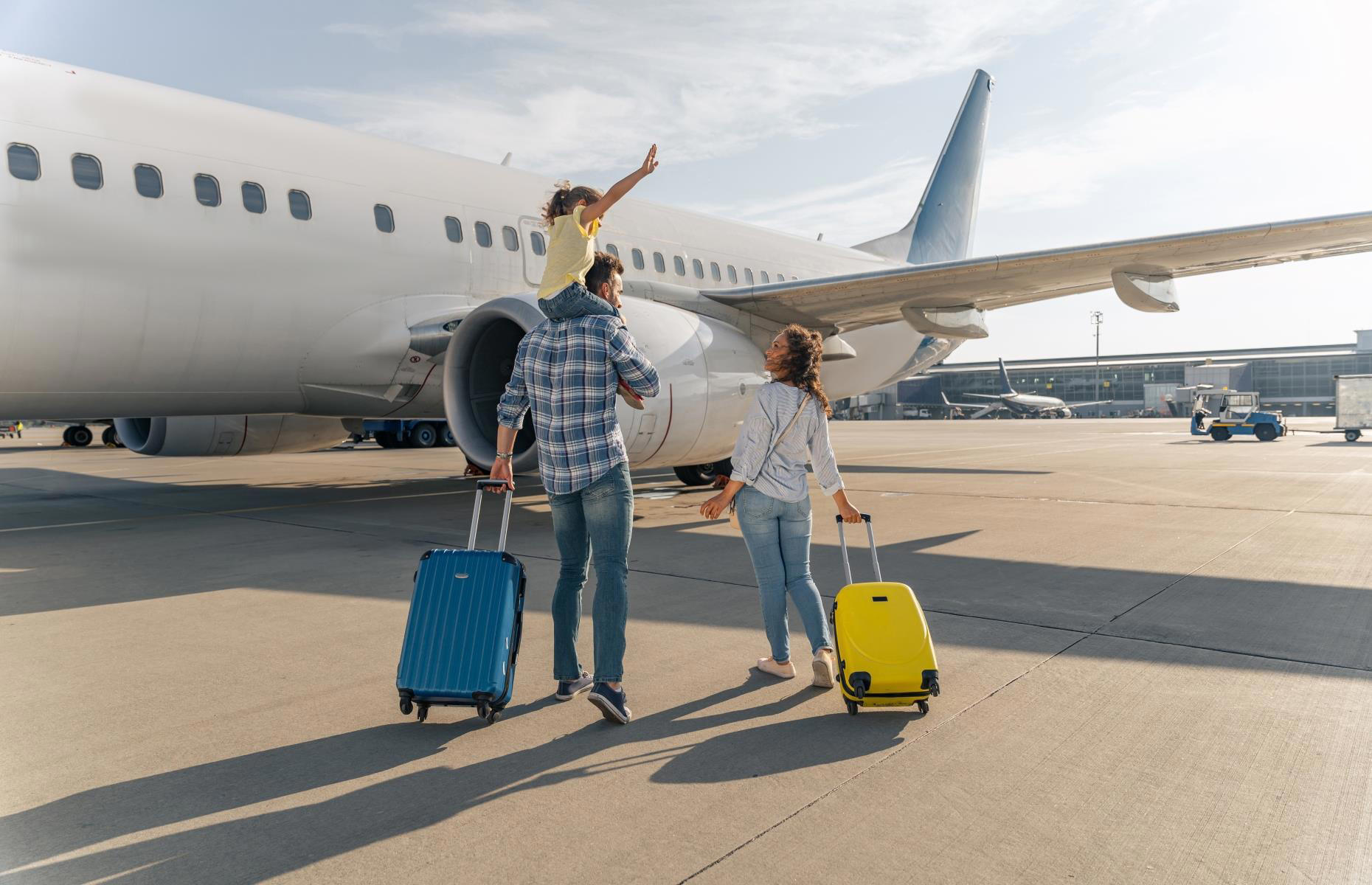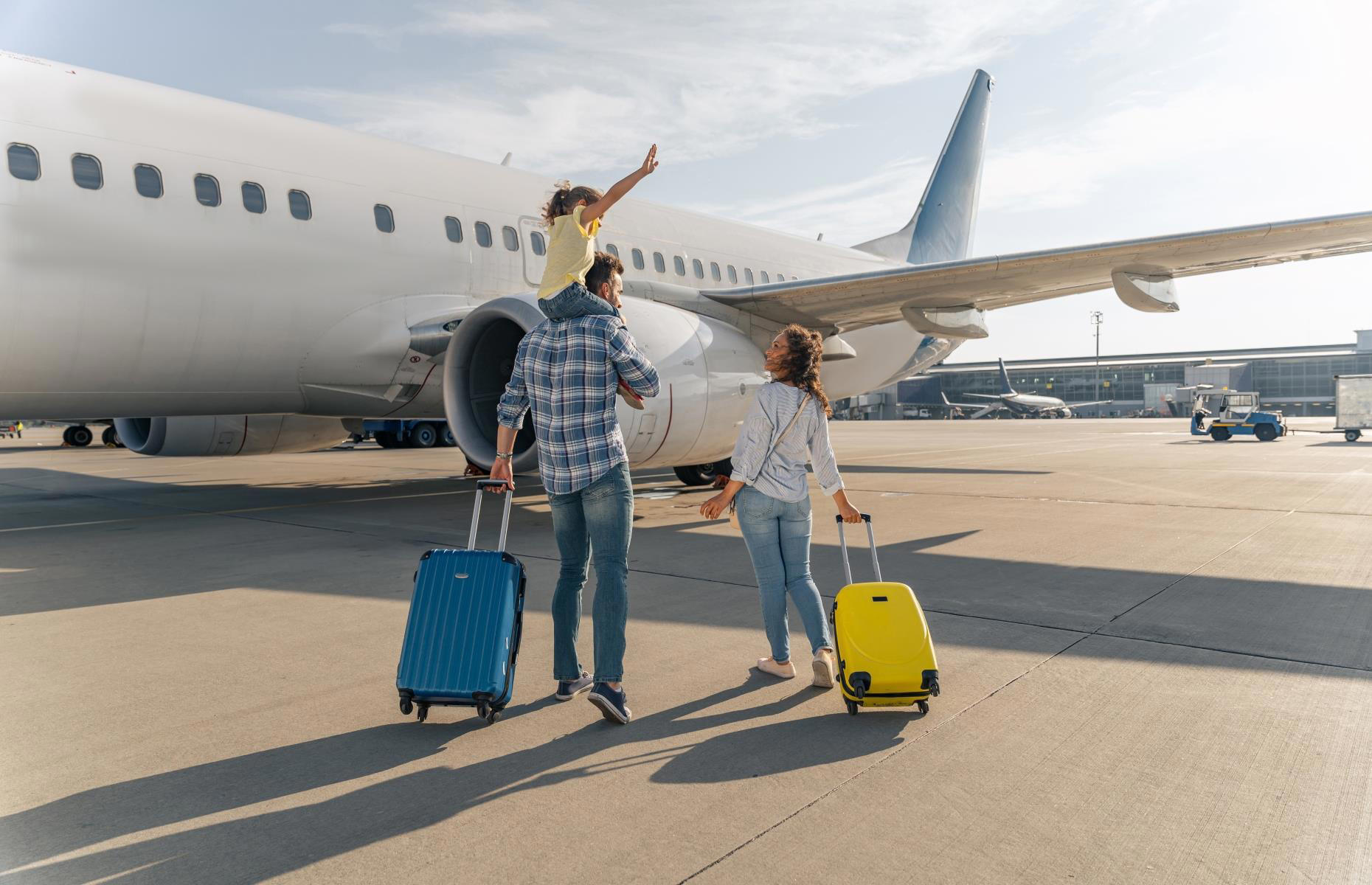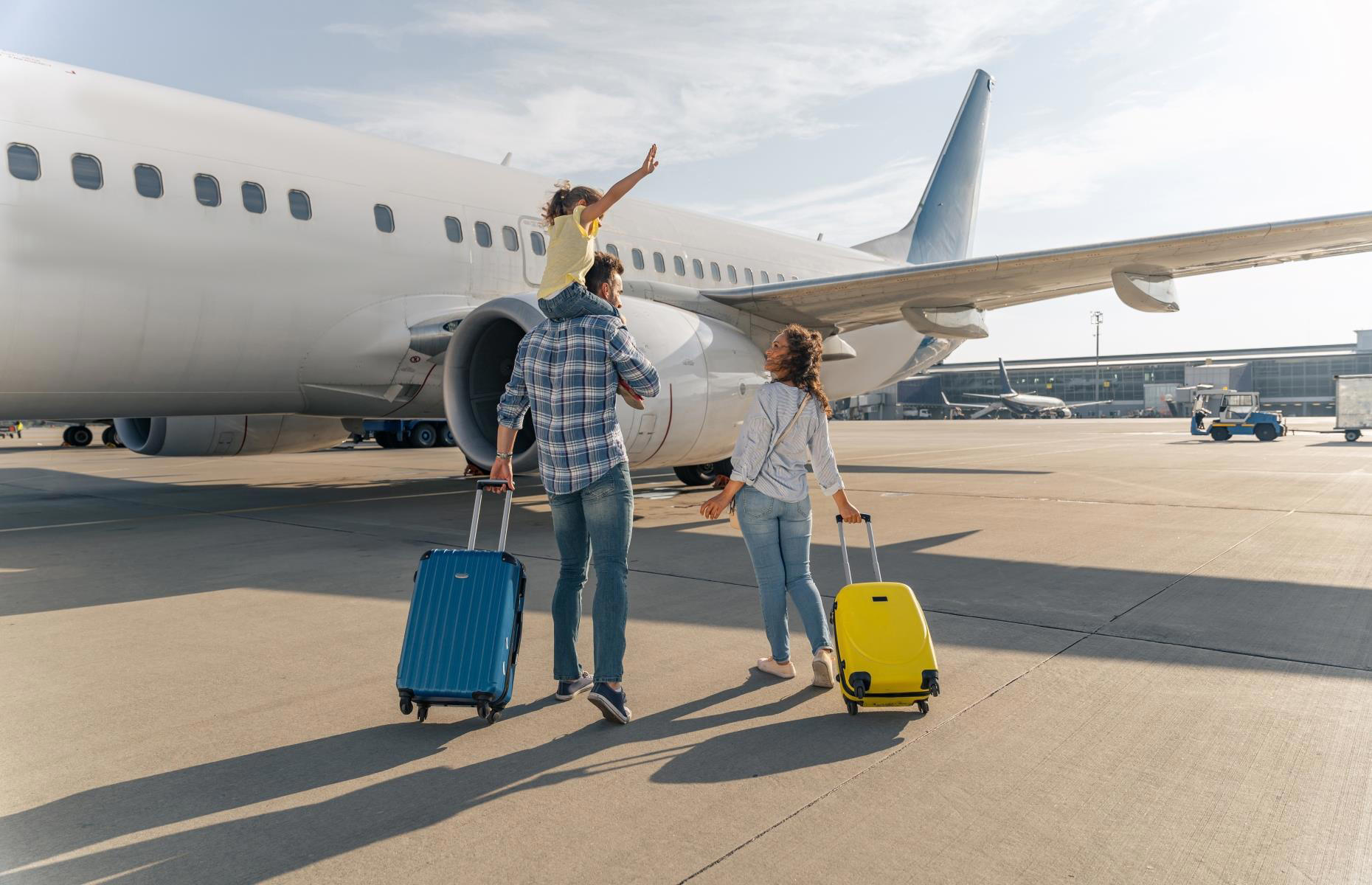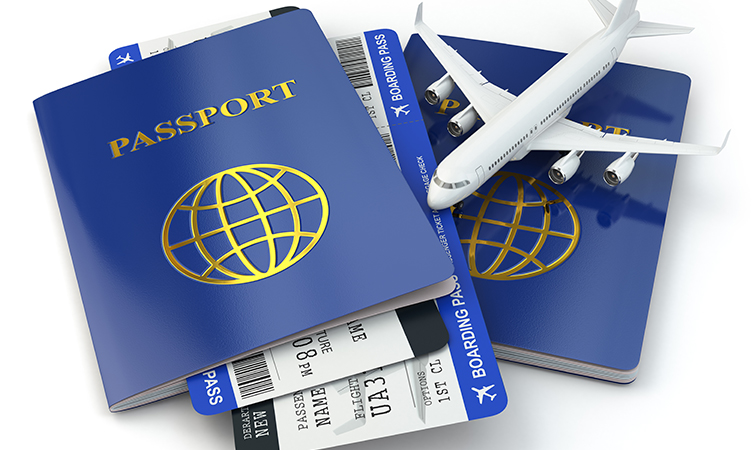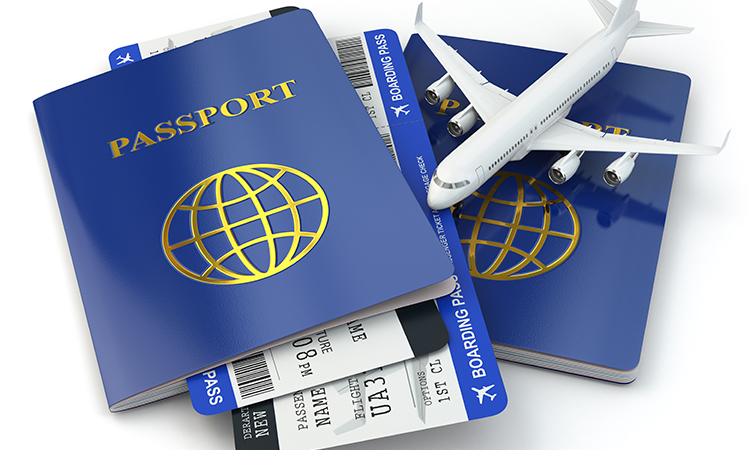Navigating Entry: Understanding Cambodian Visa for Afghanistan Citizens and Cambodia Emergency Visa
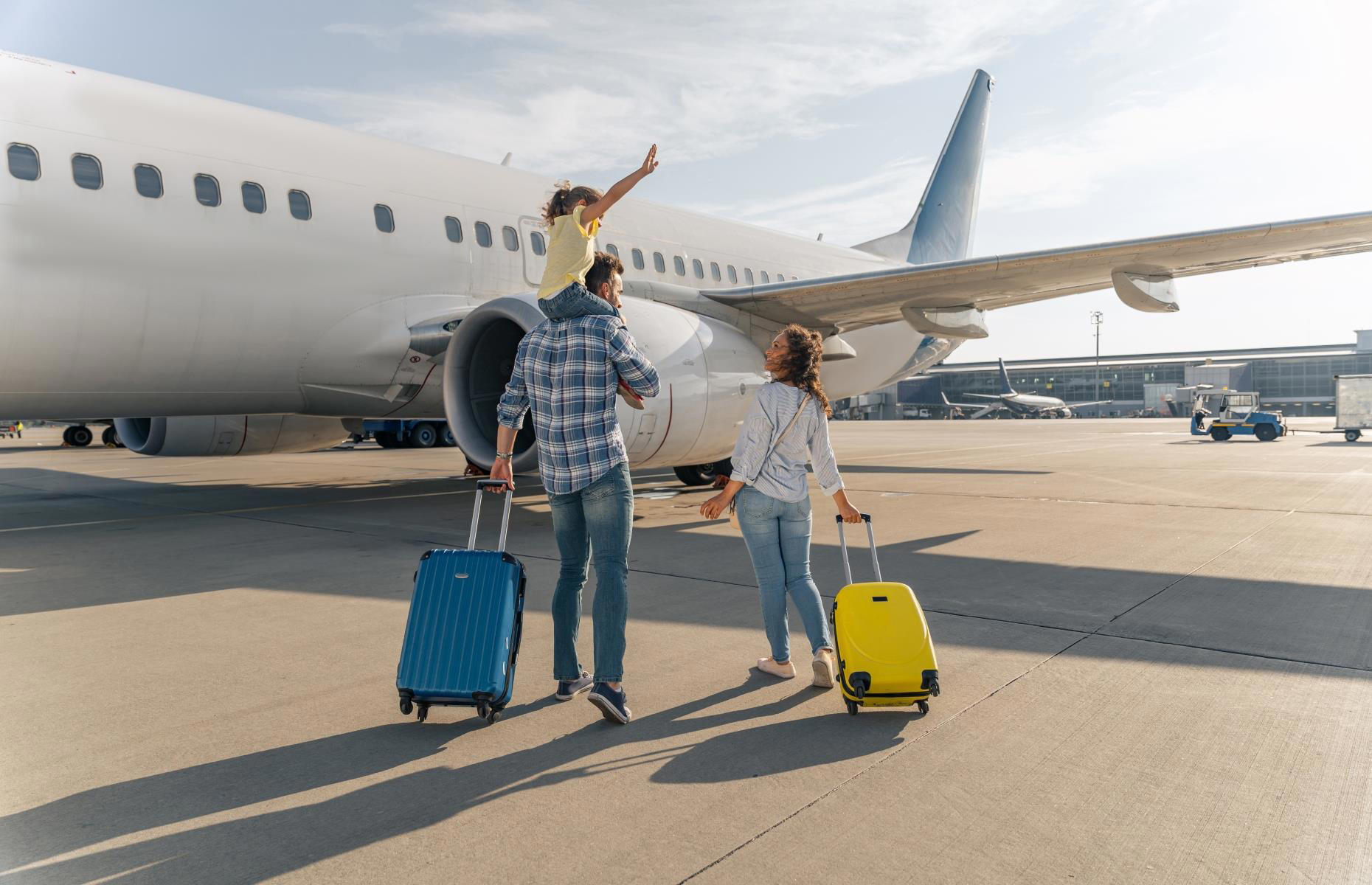
Strong 8k brings an ultra-HD IPTV experience to your living room and your pocket.
Cambodia, with its timeless temples, vibrant culture, and burgeoning economic opportunities, draws visitors from across the globe. For citizens of Afghanistan, planning a trip to the Kingdom of Wonder requires a clear understanding of the visa application process. Additionally, in unforeseen circumstances, the need for a Cambodia Emergency Visa might arise, demanding swift and informed action. This article aims to shed light on both these crucial aspects, providing guidance for Afghan nationals and addressing urgent travel needs.
Cambodian Visa for Afghanistan Citizens: A Specific Overview
Unlike some nationalities who may enjoy visa-free entry or readily available e-Visas for all purposes, citizens of Afghanistan generally require a visa to enter Cambodia, whether for tourism, business, or other reasons. While the online eVisa portal does offer options for Afghan citizens for short-term tourist and business visas, it's important to be aware of the specific considerations and potentially more rigorous scrutiny that may apply.
General Visa Options for Afghanistan Citizens:
e-Visa (Online): For short-term tourist (Type T) or business (Type E) stays, Afghan citizens can apply for an eVisa through the official Cambodian e-Visa website (www.evisa.gov.kh). This is often the most convenient method as it avoids a physical embassy visit.
Requirements: Typically include a scanned copy of your passport (valid for at least six months from your arrival date and with at least one blank page), a recent passport-sized digital photograph, and payment of the visa fee (around US$30 for tourist, US$35 for business, plus processing fees).
Processing Time: Generally 3 business days for e-Visas.
Validity: The eVisa is usually a single-entry visa, valid for 3 months from the date of issue, allowing a 30-day stay in Cambodia.
Entry Ports: eVisa holders must enter through designated international airports (Phnom Penh, Siem Reap, Sihanoukville) or specific land border crossings. It's crucial to confirm these on the official eVisa website.
Visa on Arrival: Afghan citizens may also be eligible for a visa on arrival at international airports (Phnom Penh, Siem Reap, Sihanoukville) and some major land border crossings.
Requirements: Original passport (valid for at least six months), one or two passport-sized photos, and the visa fee (typically US$30 for tourist, US$35 for business, payable in cash).
Considerations: While convenient, relying solely on visa on arrival can be risky if there are any unforeseen issues or if documentation is incomplete. It's always recommended to secure a visa in advance if possible.
Embassy/Consulate Application: For longer stays, specific visa types not covered by eVisa/visa on arrival, or if preferred, applying directly through a Royal Cambodian Embassy or Consulate (if one exists in or near your country of residence) is an option.
Requirements: This typically involves submitting your original passport, a completed application form, passport-sized photos, and potentially supporting documents relevant to your purpose of visit (e.g., invitation letters for business, proof of accommodation for tourism). The embassy may also request additional security checks or interviews.
Processing Time: Can vary, but generally longer than eVisa, often 7-10 working days, plus mailing time.
Specific Considerations for Afghan Citizens:
Enhanced Scrutiny: Due to geopolitical circumstances, visa applications from Afghanistan citizens may undergo more rigorous scrutiny. Providing comprehensive and accurate documentation is paramount.
Proof of Funds and Intent: Applicants may be asked to provide strong proof of sufficient funds for their stay and a clear, verifiable purpose of travel.
Travel History: A clean international travel history can be beneficial.
Return Ticket: Proof of an onward or return ticket is often a standard requirement, especially for tourist visas.
e-Arrival Card: As of September 1, 2024, all travelers to Cambodia, including those from Afghanistan, must complete an e-Arrival Card within 7 days before arrival. This digital form replaces traditional paper immigration, customs, and health declarations.
Navigating Urgent Travel: The Cambodia Emergency Visa
While Cambodia doesn't have a distinct "emergency visa" category with specifically outlined procedures, an emergency visa typically refers to an expedited visa processing for urgent, unforeseen circumstances. Such situations might include:
Medical Emergency: Needing to travel for urgent medical treatment or to attend to a critically ill family member.
Death of a Family Member: Traveling for a funeral or to manage affairs after the death of a close relative.
Unforeseen Business Criticality: An unexpected, time-sensitive business matter that requires immediate presence.
How to Seek an Emergency Visa for Cambodia:
Since a formal "emergency visa" path isn't publicly detailed, the approach involves direct communication and a compelling case to the relevant Cambodian authorities.
Contact the Nearest Cambodian Embassy/Consulate: This is the primary and most effective step.
Explain the Urgency: Clearly and concisely explain the emergency situation. Provide a summary of your reason for travel and why it requires immediate attention.
Provide Supporting Documentation: Be prepared to submit concrete evidence of the emergency. This could include:
Medical certificates or hospital letters.
Death certificates.
Letters from employers or business partners explaining the critical nature of the trip.
Flight bookings demonstrating the urgent travel date.
Request Expedited Processing: Explicitly request expedited processing due to the emergency.
Follow Their Instructions: The embassy/consulate staff will guide you on the specific procedures, required documents, and any additional fees for expedited services. They may have a specific "emergency contact" or consular officer designated for such cases.
Contact the Ministry of Foreign Affairs and International Cooperation (MFAIC) in Cambodia: If direct contact with an embassy is not feasible or yields no immediate results, reaching out to the MFAIC in Phnom Penh could be an option. However, this is generally more challenging from outside the country.
Visa on Arrival (if applicable): In extreme emergencies and if eligible, presenting compelling evidence of the emergency at a Cambodian port of entry and requesting a visa on arrival with immediate processing might be considered by immigration officials. However, this is a high-risk strategy and not guaranteed. It should only be attempted as a last resort if prior embassy contact is impossible.
Crucial Advice for Emergency Situations:
Be Prepared: Have all possible supporting documents readily available in original and photocopied formats.
Maintain Calm and Politeness: Bureaucratic processes, especially under pressure, can be frustrating. A calm and respectful demeanor can significantly aid your case.
Be Realistic: While authorities understand emergencies, they also have security protocols. Not all requests for expedited processing can be met.
Financial Preparedness: Be ready to cover any additional fees associated with expedited processing, which may be higher than standard visa fees.
In conclusion, while securing a Cambodian visa for Afghanistan citizens involves adherence to standard procedures, often facilitated by the eVisa system, it's essential to be prepared for potentially higher scrutiny. For those facing unforeseen circumstances, navigating a Cambodia Emergency Visa requires direct and proactive engagement with Cambodian diplomatic missions, supported by clear evidence of the urgent need for travel. Planning ahead and understanding the requirements are key to a successful entry into the Kingdom of Wonder, whether for leisure, business, or critical personal matters.
Note: IndiBlogHub features both user-submitted and editorial content. We do not verify third-party contributions. Read our Disclaimer and Privacy Policyfor details.



